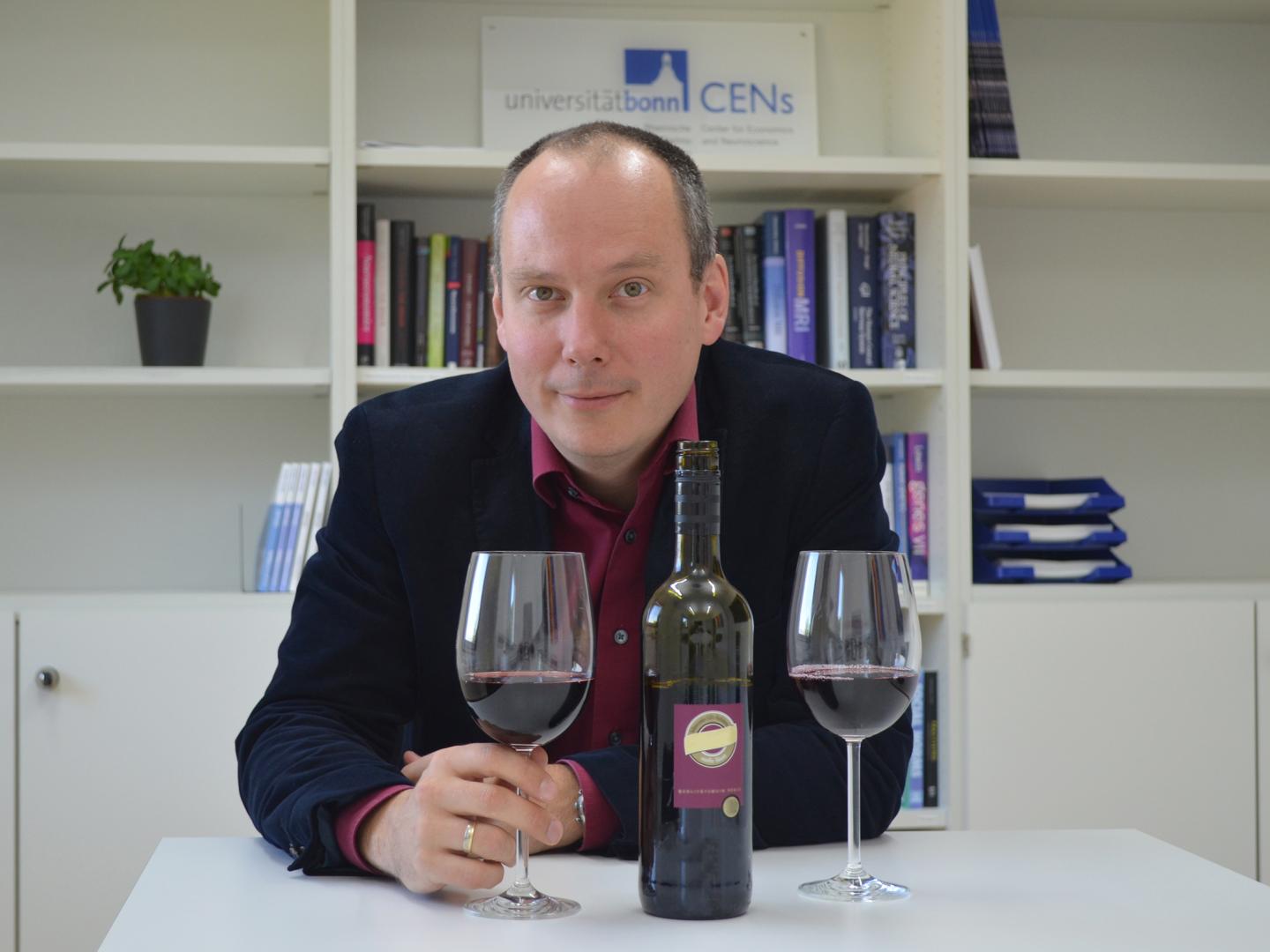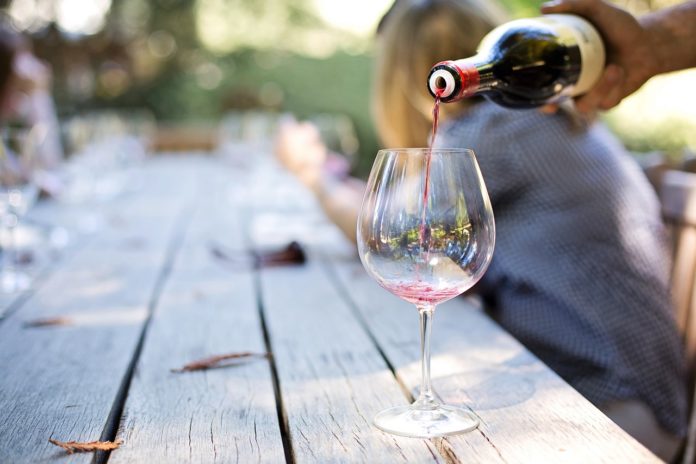According to a previous research by INSEAD Associate Professor of Marketing, Hilke Plassmann’s research group, a higher price of chocolate or wine increased the expectation that the product will also taste better. In short, the concept that expensive wine tastes better is true. Thusly it influences taste preparing locales in the mind.
The specialists evaluated how distinctive costs are converted into corresponding taste experiences in the brain. It also involves condition that the expensive wine tasted does not differ.
Prof. Bernd Weber said, “However, it has so far been unclear how the price information ultimately causes the more expensive wine to also be perceived as having a better taste in the brain.”

CREDIT: © Foto: Xenia Grote
“The phenomenon that identical products are perceived differently due to differences in price is called the ‘marketing placebo effect’. As with placebo medications, it has an effect solely due to ascribed properties ‘Quality has its price!”
Scientists involved total 30 participants in the study with an average age of around 30 years. 15 of them were men while remaining 15 were women.
The wine sampling occurred resting in an MRI scanner. It allows the brain activity to be recorded ‘online’ while participants were tasting the wines. During the study, scientists primarily showed the wine’s price when they asked participants to taste a particular wine. At exactly that point around a milliliter of the individual wine was administrated to the test individual by means of a tube in their mouths.
Participants were then asked to rate the taste of wine via a button on a nine-point scale. Their mouths were then rinsed with a neutral liquid and the next identical wine sample was given for tasting.
Prof Weber said, “The marketing placebo effect has its limits: If for example, a very low-quality wine is offered for 100 euros, the effect would predictably be absent.”
In the study, scientists involved good quality red wine with a retail bottle price of 12 €. In the MRI scanner, the price of this wine was shown randomly as 3, 6 and 18 €.
Professor Hilke Plassmann from the INSEAD Business School, said, “As expected, the subjects stated that the expensive wine tastes better than an apparently cheaper one. However, it was not important whether the participants also had to pay for the wine or whether they were given it for free. The identical drinks lead to a better taste experience when a greater quality expectation is associated with the wine due to its price.”
And the best part is, MRI scanner confirmed this. Scientists discovered that all the parts of the medial prefrontal cortex and also the ventral striatum were activated more when prices were higher. The average pre-frontal cortex especially seems to be associated with coordinating the value correlation. In this manner the desire into the assessment of the wine.
Prof. Weber said, “The reward and motivation system is activated more significantly with higher prices and apparently increases the taste experience in this way.”
INSEAD post-doctoral fellow Liane Schmidt said, “Ultimately, the reward and motivation system plays a trick on us. When prices are higher, it leads us to believe that a taste is present that is not only driven by the wine itself, because the products were objectively identical in all of the tastings.”
“The exciting question is now whether it is possible to train the reward system to make it less receptive to such placebo marketing effects.”
